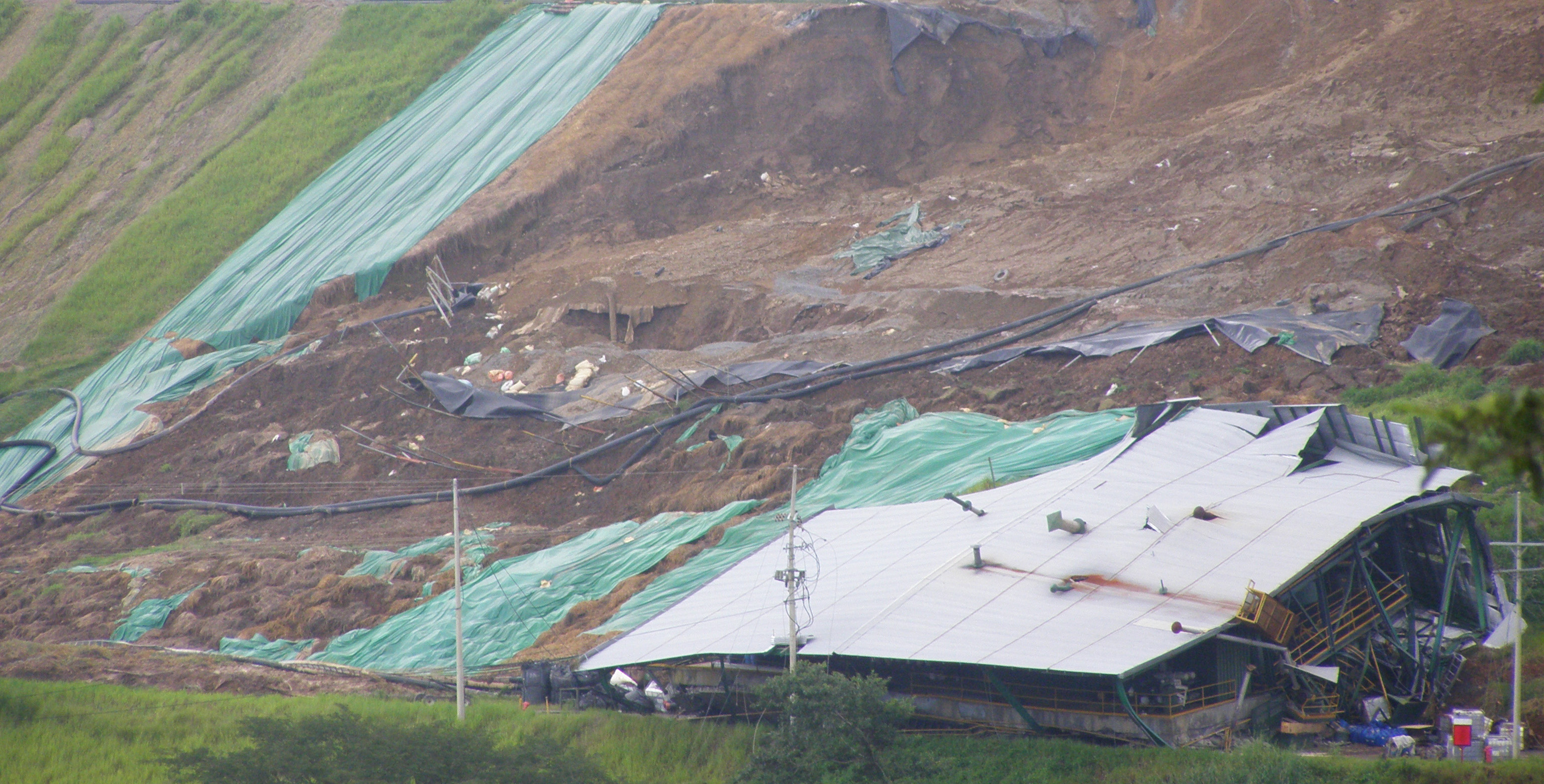The federal Liberals came into office promising to take action on human rights abuses associated with one of Canada’s largest and most controversial areas of foreign investment abroad: mining. But a rare study on the issue in the House of Commons Subcommittee on International Human Rights seems designed to justify the do-nothing status quo, since the process precludes any critical examination of Canada’s current policy.
The subcommittee has been holding hearings on “Human rights surrounding natural resource extraction within Latin America,” with no testimony from those most directly affected. The result is a discussion loaded with unchecked assumptions that is another affront to the voices of those too often silenced in Latin America to favour business as usual.
It is important to keep in mind that there are more mining companies headquartered in Canada and listed on Canadian stock exchanges than anywhere else in the world, and Latin America is their preferred destination abroad.
Abuses against Indigenous peoples, children, women, and affected populations as a result of Canadian mining operations have caught the attention of international human rights bodies since 2002. They have issued numerous and repeated recommendations to the Canadian government to adopt legislated measures to prevent and redress the harms taking place, including five times in the last two years.
A group of volunteer lawyers at Osgoode Hall Law School has documented 44 deaths, 403 injuries, and more than 700 cases of legal persecution that it associated with 28 Canadian mining operations in 13 Latin American countries between 2000 and 2015, noting that this is not comprehensive and does not include many other forms of violence taking place.
Several subcommittee members and witnesses have asserted that Canadian mining investment leads to progress. But they have not heard from any community member who has lost a source of water from contamination, whose farmland has been trashed by heaps of toxic waste, or whose relative has fallen ill since a mining project started upstream of their home and cannot get adequate medical attention because the company denies all responsibility. Nor have they heard from an Indigenous leader whose community has been denied its self-determination over the type of development they would choose for future generations, nor from any municipal leader who has refused to accept royalties from a mining operation because tens of thousands of citizens have voted against mining in their community, as a result of the long-term impacts they have observed from mining activities elsewhere.
Does the world need “more Canada?” The subcommittee has not asked what people on the ground think about the mining projects and policies that Canadian authorities have publicly backed in the region that have put communities, workers, and fragile ecosystems at risk and deliberately undermined local proposals and values.
While government and industry have been afforded full hearings to provide their opinions to the committee about the two mediation-based mechanisms that Canada currently offers as recourse, the committee has not heard from anyone directly who has tried to use them, allowing it to appreciate the considerable barriers to even partial remedy in this country for the many harms taking place abroad. Neither has it heard how poorly these mechanisms serve where trust has been completely destroyed as a result of threats, violence, and legal persecution of community leaders, or where communities just want a company to go away.
In considering possible solutions, the committee has not turned to dozens of Canadian organizations advocating for an independent human rights ombudsperson for the sector and greater access to justice in Canadian courts. Nor has it called to testify even one of the 180 Latin American organizations that signed a letter to Prime Minister Justin Trudeau in April 2016, calling on Canada to require community consent prior to any mining activities, asking that Canadian intervention abroad on behalf of the extractive industry end, and calling on Canada to adopt a model for international trade and investment that prioritizes people and the environment, which would not allow corporations to sue governments in international tribunals and cast a chill on making policy in the public interest.
It is unacceptable that the subcommittee on International Human Rights take a superficial approach to what is a defining issue for Canada’s relationship with peoples of Latin America and the country’s human rights performance internationally. If this government wants its stated commitment to Indigenous peoples and human rights to be taken seriously, serious change is urgently needed.
This article was originally published in The Hill Times.
Photo: EARTHWORKS/Flickr
Like this article? Please chip in to keep stories like these coming.




